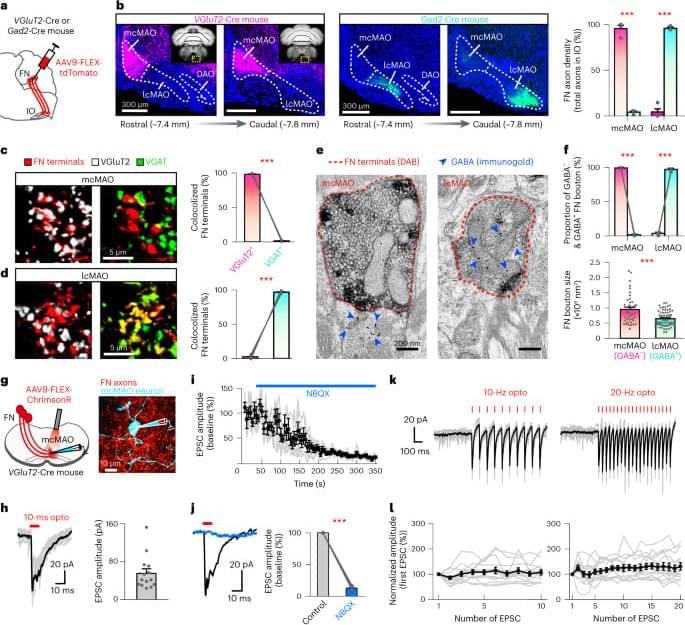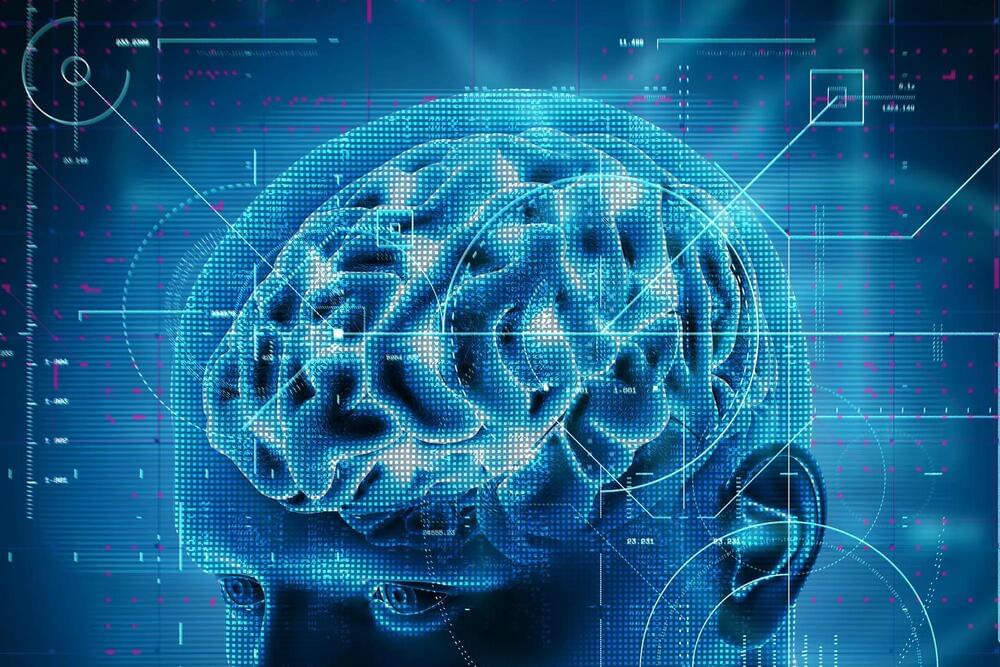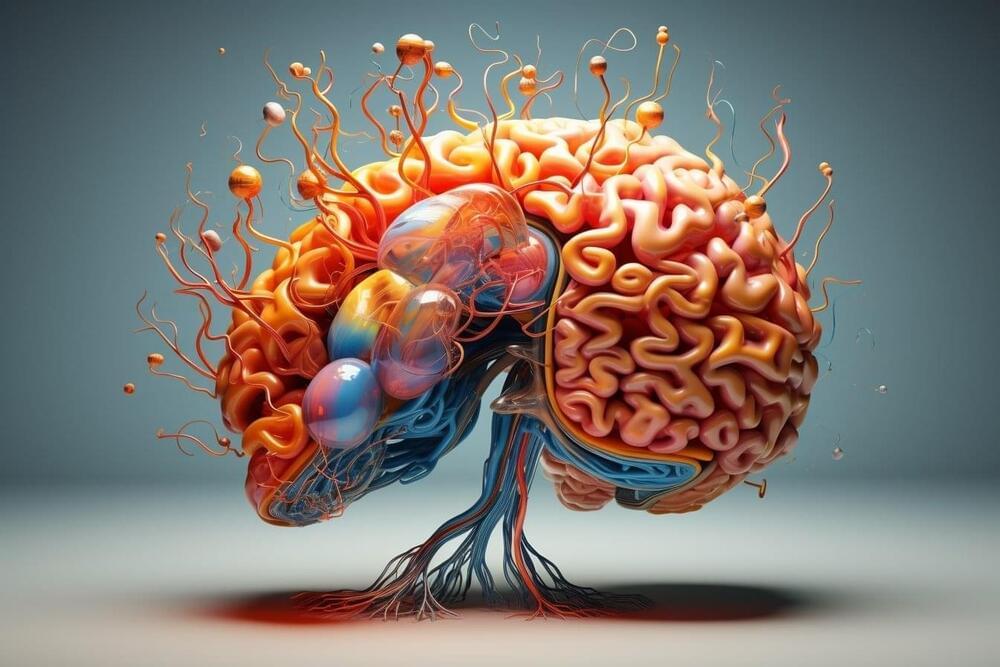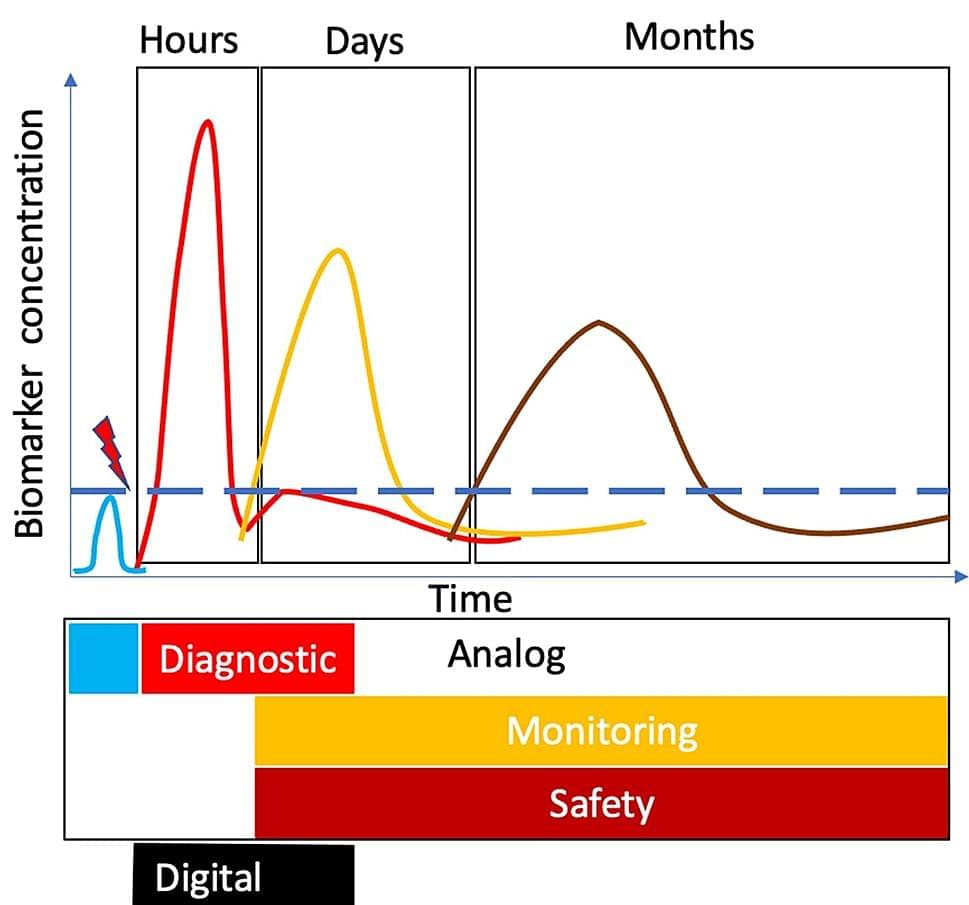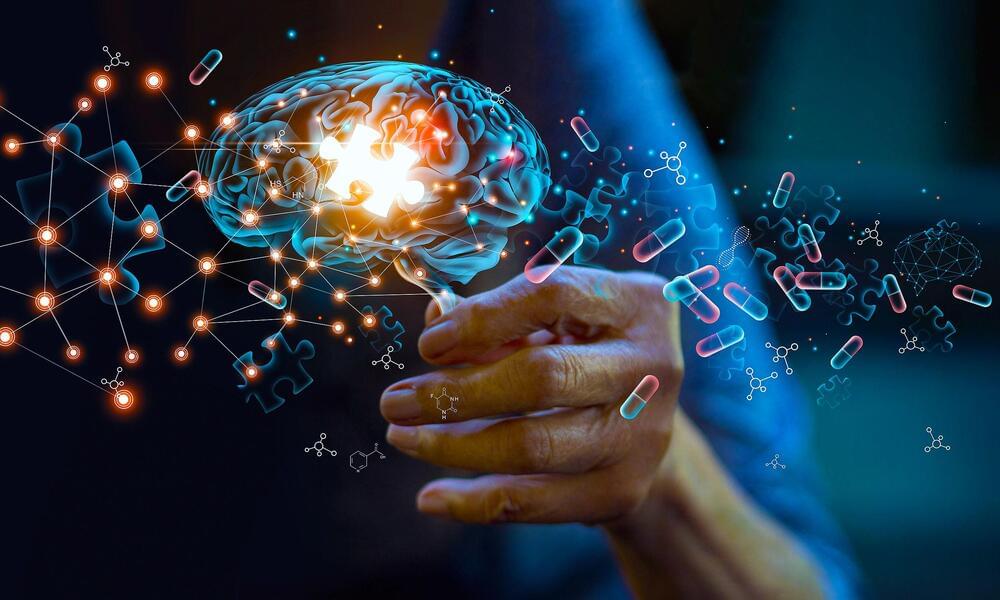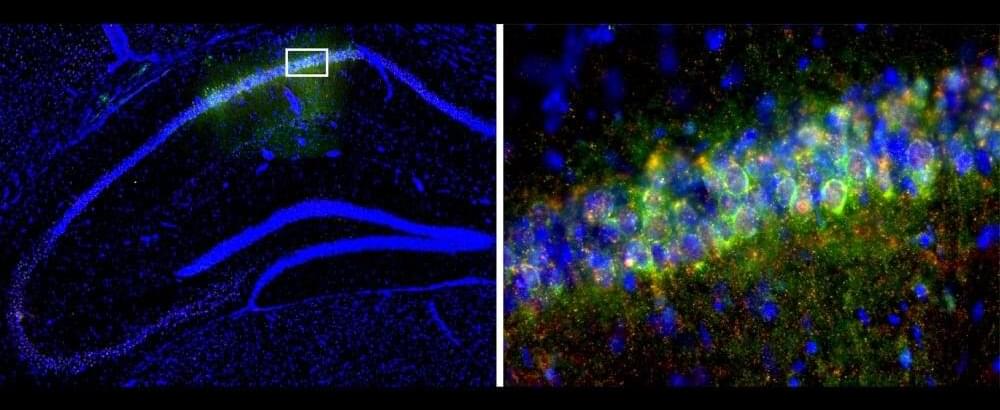Jul 24, 2023
What happens to the brain during consciousness-ending meditation?
Posted by Dan Breeden in category: neuroscience
There’s a meditative state described in ancient Buddhist scriptures that is hard to imagine because it is not something – but nothing. Referred to as nirodha-samāpatti, it roughly translates as ‘the cessation of thought and feeling’, and it is the highest meditative state possible in Theravada Buddhism, following eight others called jhānas. Each jhāna requires deepening levels of concentration, and a retreat into the mind, away from typical consciousness.
According to David Vago, a psychologist at Vanderbilt University in Nashville and director of the Contemplative Neuroscience and Mind-Body Research Laboratory, nirodha-samāpatti refers to a ‘state of profound concentration or absorption in which all mental activity is temporarily suspended’. It’s said that the state leads to a total absence of sensation and awareness, which would help explain the stories of monks who stayed in this deep trance while fires burned around them.
Continue reading “What happens to the brain during consciousness-ending meditation?” »

